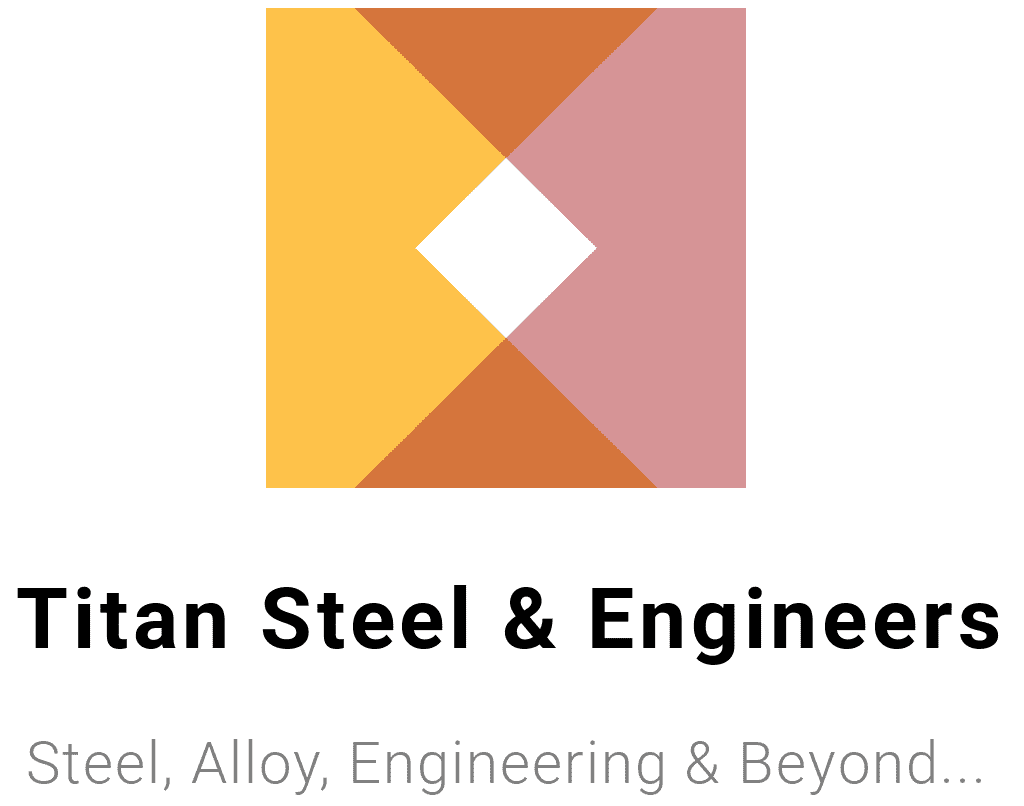Alloy Steel and Its Uses Across Industries
Steel is a backbone material in countless industries today, but did you know that alloy steel offers a whole new level of versatility and performance? From building powerful car engines to creating ultra-durable tools, alloy steel is a standout choice, recognized for its exceptional properties.
Whether you’re an automotive professional, manufacturer, or car enthusiast, this blog will break down everything you need to know about alloy steel, its advantages, and its widespread uses. By the end, you’ll understand why this material plays a crucial role in modern technology and industry.
What Is Alloy Steel? A Breakdown of Its Composition and Properties
Alloy steel is a type of steel that incorporates various alloying elements—metals or non-metals deliberately added during production to enhance its mechanical properties. Common additives include chromium, nickel, molybdenum, vanadium, and manganese. Each additive brings its own advantage, be it increased strength, corrosion resistance, or better heat tolerance.
Properties That Make Alloy Steel Stand Out
- Durability: Alloy steel is tougher and has higher wear resistance compared to standard carbon steel.
- Corrosion Resistance: Especially in stainless steel alloys containing chromium, the material becomes adept at resisting rust.
- Heat Resistance: Molybdenum-enhanced alloys maintain performance under high-temperature environments.
- Flexibility: By tweaking its composition, alloy steel can be tailored for various specialized applications.
These properties make alloy steel particularly useful in demanding industries such as automotive engineering and construction.
Advantages of Alloy Steel Over Carbon Steel
Why choose alloy steel over basic carbon steel? While carbon steel remains a widely used material, alloy steel offers additional benefits that can be game-changing for specific applications.
- Enhanced Strength
While carbon steel provides solid tensile strength, alloy steel is engineered for even greater robustness. Its composition is designed to handle higher stress, making it invaluable for applications such as vehicle chassis or critical machine parts.
- Improved Corrosion Resistance
Carbon steel is prone to rusting when exposed to moisture, but many types of alloy steel resist corrosion effectively. Chromium, in particular, forms a protective layer on the surface, ensuring durability even in tough environments.
- Better Workability
Alloy steel’s malleability makes it easier to work with during manufacturing. It can be formed into complex shapes and withstand diverse finishing processes.
- High Heat Resistance
Certain alloy steel grades maintain their strength even at elevated temperatures, making them perfect for engines, turbines, and high-pressure boilers.
Common Types of Alloy Steel and Their Applications
Alloy steel isn’t a one-size-fits-all material. Depending on its composition, it can be optimized for unique roles. Here are a few key alloy types and where they shine.
Chromium Alloy Steel
- Features: High hardness and corrosion resistance.
- Applications: Ideal for use in cutting tools, dies, and automotive components like cranks and axles.
Nickel Alloy Steel
- Features: Excellent toughness and resistance to harsh weather.
- Applications: Frequently used for creating gears, shafts, and parts for marine environments due to its adaptability in extreme conditions.
Molybdenum Alloy Steel
- Features: Exceptional strength-to-weight ratio and heat resistance.
- Applications: A go-to choice for aerospace components, boiler tubing, and high-strength fasteners.
Alloy Steel in the Automotive Industry
The automotive industry has long relied on alloy steel for everything, from adding structural integrity to enhancing safety features. Here’s a closer look at how it’s used in different vehicle systems.
Engines
Alloy steel makes up critical components like crankshafts and camshafts, ensuring they can withstand intense cyclic stress and prolonged operation.
Transmissions
Gearboxes need materials that balance precision with durability. Nickel and chromium steels are widely used for transmission gears to handle wear and tear evenly.
Suspensions
Smooth rides wouldn’t be possible without alloy steel. Used in suspension springs, it provides the necessary flexibility and strength.
Bodywork
Many modern car frames and panels use alloy steel to achieve both lightness and resistance to collision impacts, making vehicles safer and more efficient.
Alloy Steel in Mechanical Engineering
Alloy steel’s versatility makes it indispensable in mechanical engineering.
Tools and Machinery
From industrial-grade cutting equipment to forming tools, chromium alloy steel ensures sharpness and longevity under extreme use.
Heavy Structures
Cranes, bridges, and reinforced concrete often contain high-strength alloy steels to withstand immense loads and environmental exposure.
Machines for Extreme Conditions
Mining and oil drilling machines often incorporate molybdenum steel to endure high-pressure and high-temperature operations.
Maintenance and Care of Alloy Steel Components
Like any sophisticated material, alloy steel requires routine maintenance to preserve its properties.
- Regular Cleaning
Using non-abrasive cleaning tools can prevent surface degradation, especially in alloy steel exposed to harsh chemicals or salty environments.
- Protective Coatings
Applications prone to wear, like tools or automotive parts, may benefit from additional protective layers to prolong their lifespan.
- Inspection for Cracks or Deformation
Early detection of damage ensures components are replaced or repaired before failure occurs.
- Lubrication
Components like gears and bearings function optimally with routine lubrication to reduce friction and wear.
The Future of Alloy Steel
The evolution of alloy steel is far from over. With advancements in metallurgy and nanotechnology, future innovations are likely to emphasize sustainability, recyclability, and even better performance.
Current Trends
- Lightweight Innovations: Aluminum-titanium alloy steels are under development for aerospace and automotive applications, offering similar strength with reduced weight.
- Enhanced Heat Resistance: Researchers are exploring ultra-heat-resistant alloys for aerospace turbines and space exploration machinery.
- Sustainability: Eco-friendly alloy production techniques are gaining traction, reducing the carbon footprint associated with steel manufacturing.
Why Alloy Steel Remains Key to Innovation
Alloy steel blends resilience, adaptability, and efficiency. Whether powering a vehicle’s engine or supporting ground-breaking infrastructure projects, its capabilities make it indispensable.
For car enthusiasts, mechanics, and engineers looking to leverage high-performance materials, alloy steel offers solutions that are unmatched in durability and practicality. Looking forward, its future innovations are set to revolutionize industries and pave the way for sustainable progress.

